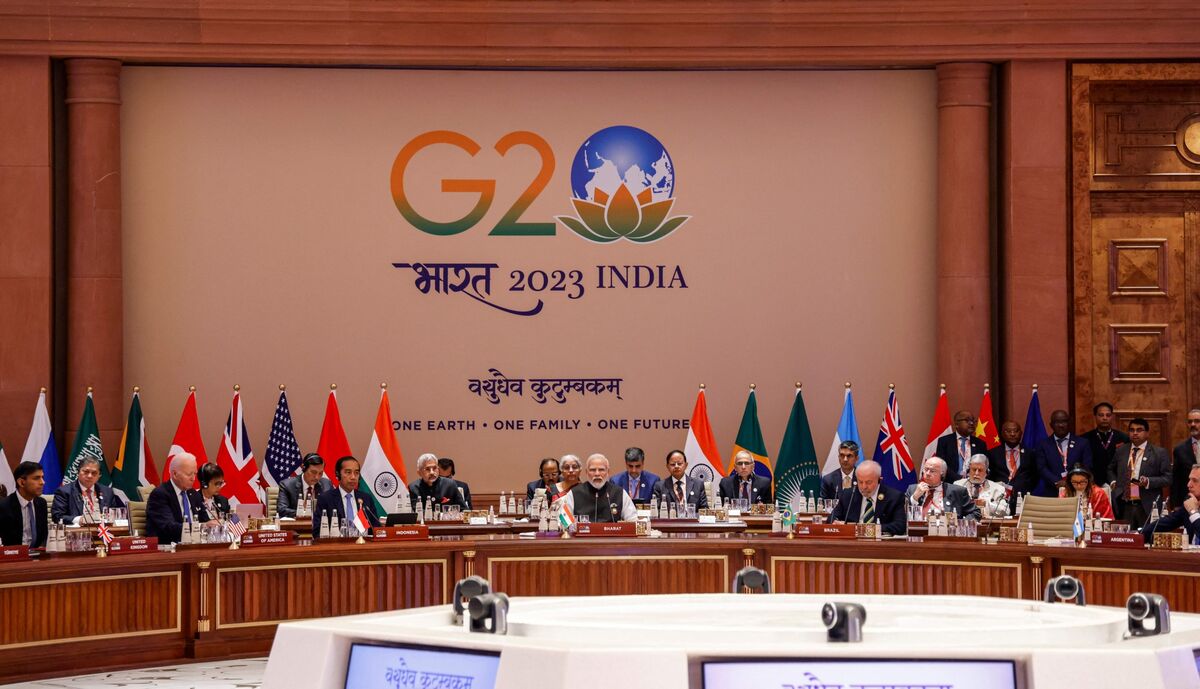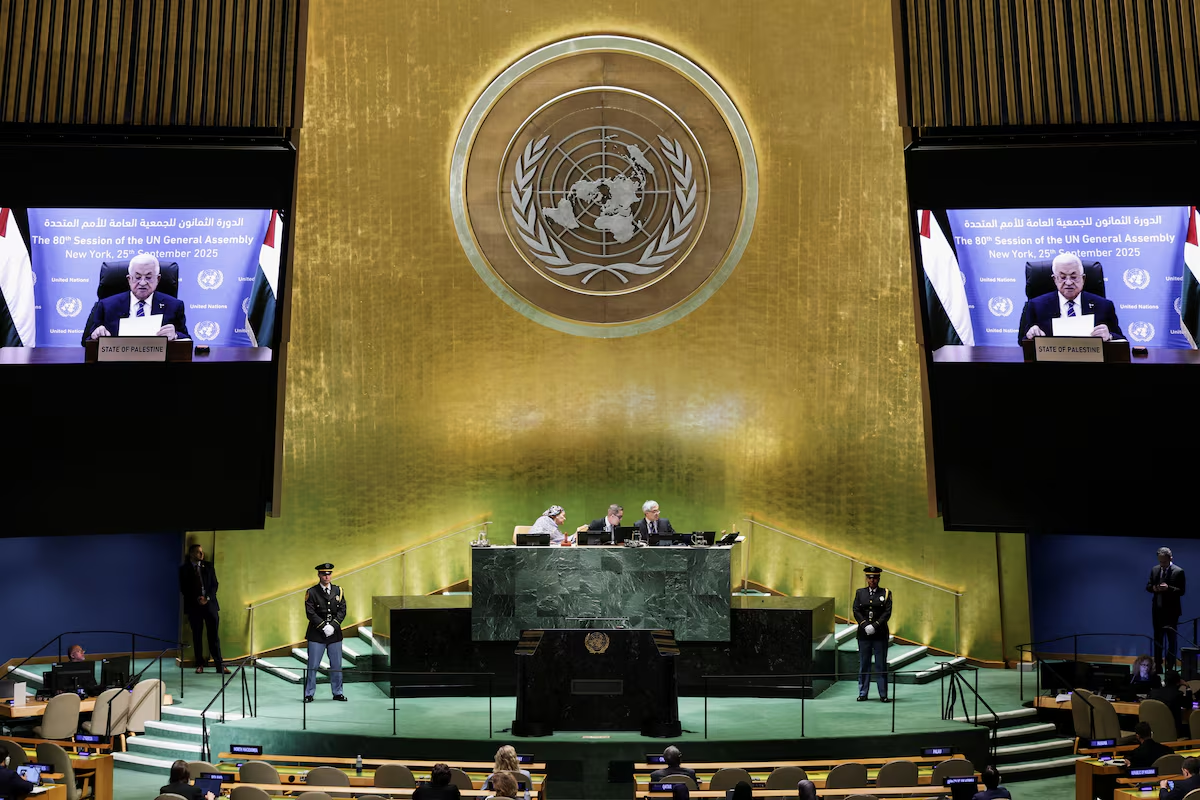From Sept. 9 to Sept. 10, the G20 Summit for 2023 was held in New Delhi, India, with a theme of “One Earth, One Family, One Future.”
The nations in attendance at the summit included Argentina, Australia, Brazil, Canada, China, France, Germany, India, Indonesia, Italy, Japan, Mexico, the Republic of Korea, Russia, Saudi Arabia, South Africa, Türkiye, the United Kingdom, the United States and the European Union (E.U.).
The G20 is a group of states with the largest world economies. The G20 was founded in 1999 and had its first summit in 2008.
These countries mainly discuss international economic issues such as corporate taxation. They also discuss timely issues different countries are interested in, such as a debate on creating a partial cease-fire in Syria in 2017.
There are some important takeaways from this year’s G20 Summit. The first concerns India’s track record of handling press freedom, which had been further restricted this year as journalists were not allowed to cover the meeting between U.S. President Joe Biden and Indian Prime Minister Narendra Modi. This restriction was abnormal even for India’s tough policy on journalism.
India ranks 161 out of 180 countries in terms of press freedom. The restrictions on the press at this year’s G20 by India is concerning for those interested in preserving press freedom.
The next major takeaway from the G20 is that the African Union will be joining the G20 as an official member state. This is monumental as it makes the A.U. the first new member state added since the G20 was created. The addition of the A.U. to the G20 means representation for the 55 states that make up the A.U.
Previously, South Africa was the only state to be a member of the G20 in Africa. Thus, the A.U.’s addition is a huge step towards African representation on the global stage.
This third major takeaway relates to collective action on the issue of climate change. While there were some agreements to increase renewable energy capacity by 2030, there was little progress in terms of large-scale agreements on climate change.
While the G20 summit is not specifically an event focused on climate change, some may be disappointed more agreements about climate change solutions were not made.
This low commitment to action on climate change is mirrored by the lack of direct criticism of Russia for its invasion of Ukraine. While there was a consensus declaration calling for states to not take the territory of other states, it never directly mentioned Russia or the invasion of Ukraine.
The war in Ukraine was a serious point of contention for some countries at the G20. The U.S. and other Western countries advocated for a strong condemnation of Russia, while other states sought a peaceful agreement.
The last major point to cover is an agreement by the U.S., India, Saudi Arabia, the E.U. and others to create a rail and shipping corridor. President Biden recognized this agreement as a big deal for trading purposes.
This agreement would provide a shipping lane from India to the Middle East and Europe, which could massively boost economic traffic and investment in the Middle East and India.
For the U.S., this agreement would be a step towards large-scale economic investments in developing countries, like China has been doing with its Belt and Road Initiative.









